Innovation vs. tradition
Whether their mission is to bring joy, like the aromatherapy industry, or to bring comfort, like the funeral industry, gray-collar professions are multiplying in every line of business imaginable. But a constant tug-of-war exists between new innovative methods and their traditional counterparts.
"Isn't aromatherapy a direct-sales scam?" "You have a master's degree... what are you doing washing feet and giving massages!" "Can't you find a job that other people can understand, a more 'presentable' job?" Can June aromatherapist Yang Han-yun has had sarcastic remarks like these directed at her at one time or other. A number of her aromatherapy classmates couldn't handle the comments and threw in the towel after half a year.
"When I met with some of my former classmates from graduate school after first entering this field, they didn't understand what aromatherapy work entails and why I would want to turn my back on a good job in the high-tech company to become a "masseuse," scraping along on only NT$20,000 a month. One time during a similar gathering, I couldn't add anything to the conversation, because it circled around things like the latest version of some multimedia software and how many stocks they were issued by their company," recalls Yang.
"But I don't regret it, because I realize my job allows me to help others. What's more, as a person who contemplates what kind of person I want to become, it gives me direction. I have learned how to get along with the real me, including everything from taking a spoonful of olive oil early in the morning, which is good for the health, to awakening my overall life values, to the improvement of the quality of my physical, mental, and spiritual life."
The "concern" shown to her by friends and family are not her biggest problem. Yang explains that the most difficult part and the biggest challenge of aromatherapy work is "opening yourself up and looking inside." Ever since she was a little girl, she worked hard to play her roles well; she was the good daughter, the good student, the good girlfriend, always striving to satisfy the expectations others had for her. Everything seemed to be going smoothly, but deep in her heart of hearts a tiny voice kept asking, "Why am I not content? Why am I not happy?" When she began working as an aromatherapist at Can June, she realized that this was the first time in her life that she ever found herself interested in her work. She was doing things for herself now.
But "waking up your sense of touch entails a great deal of struggle." Yang had to first study dance and rhythm to awaken her awareness of the human body, but she discovered that her movements were stiff and mechanical. She was surprised to find that she had been alienated from and negligent of her physical self all along. After six months of training, she finally learned how to see with her hands, to feel comfortable touching her own body and those of others, and to create a new experience for each of her clients. Standing in the center of the aromatherapy room as she speaks, Yang begins to move like a dancer, her movements delicate, smooth and harmonious.
In his newest book Job Guidance for the 13-Year-Olds and All Triers, best-selling Japanese author Ryu Murakami states, "The people of the world can be divided into two types--those who work in a job they like and that is suited to them, and those who don't." Murakami argues that if you must do something to earn a living or feel fulfilled, you should do something you enjoy, rather than forcing yourself to do something you hate. This seems to aptly describe the reasons behind the rise of the gray collar worker.
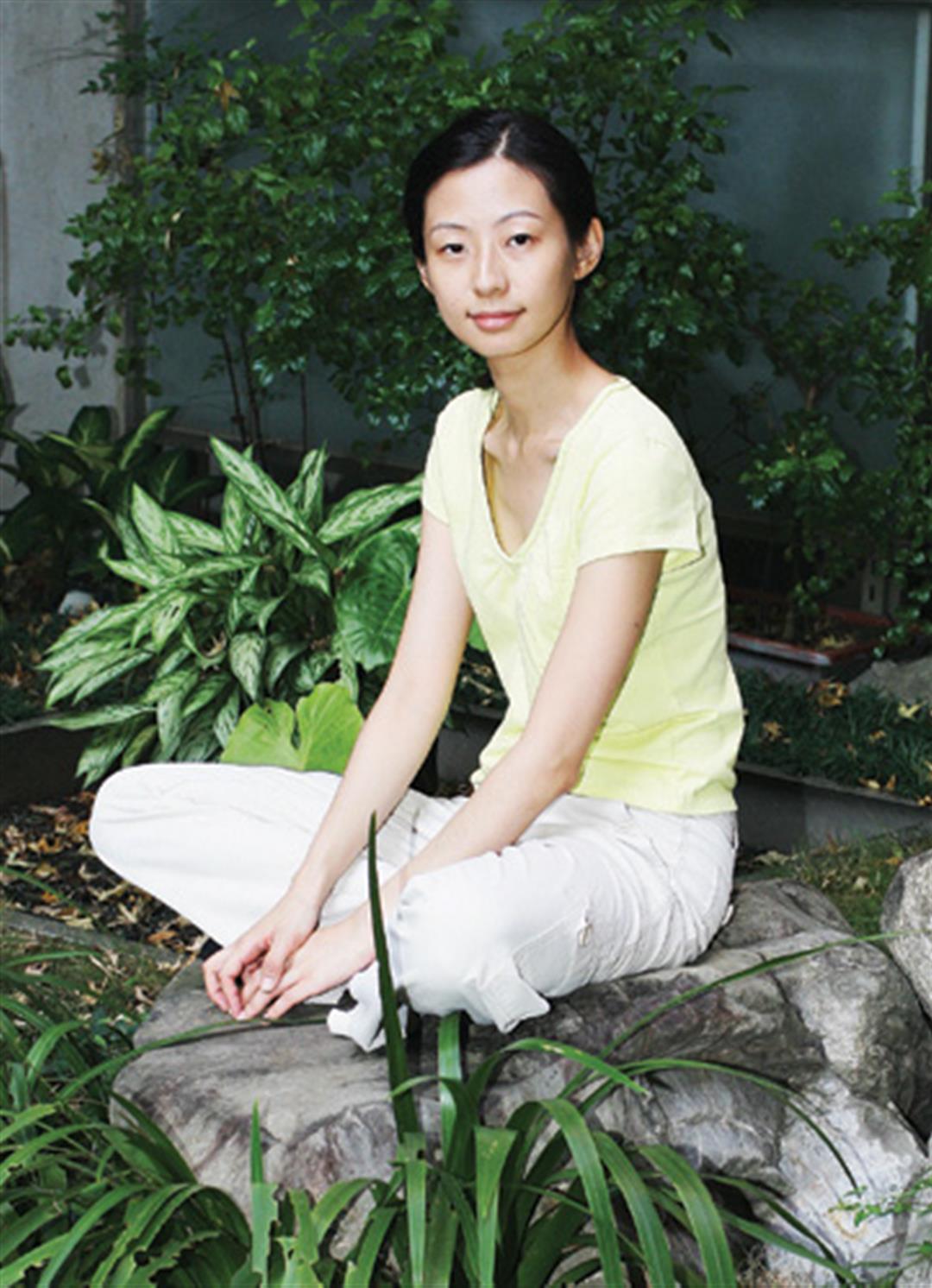
With the help of aromatherapist Yang Han-yun's expert massaging skills and the ability of each bottle of aromatherapy oil to tell a story, every client that comes here receives the physical, mental, and spiritual peace and restoration that they need.
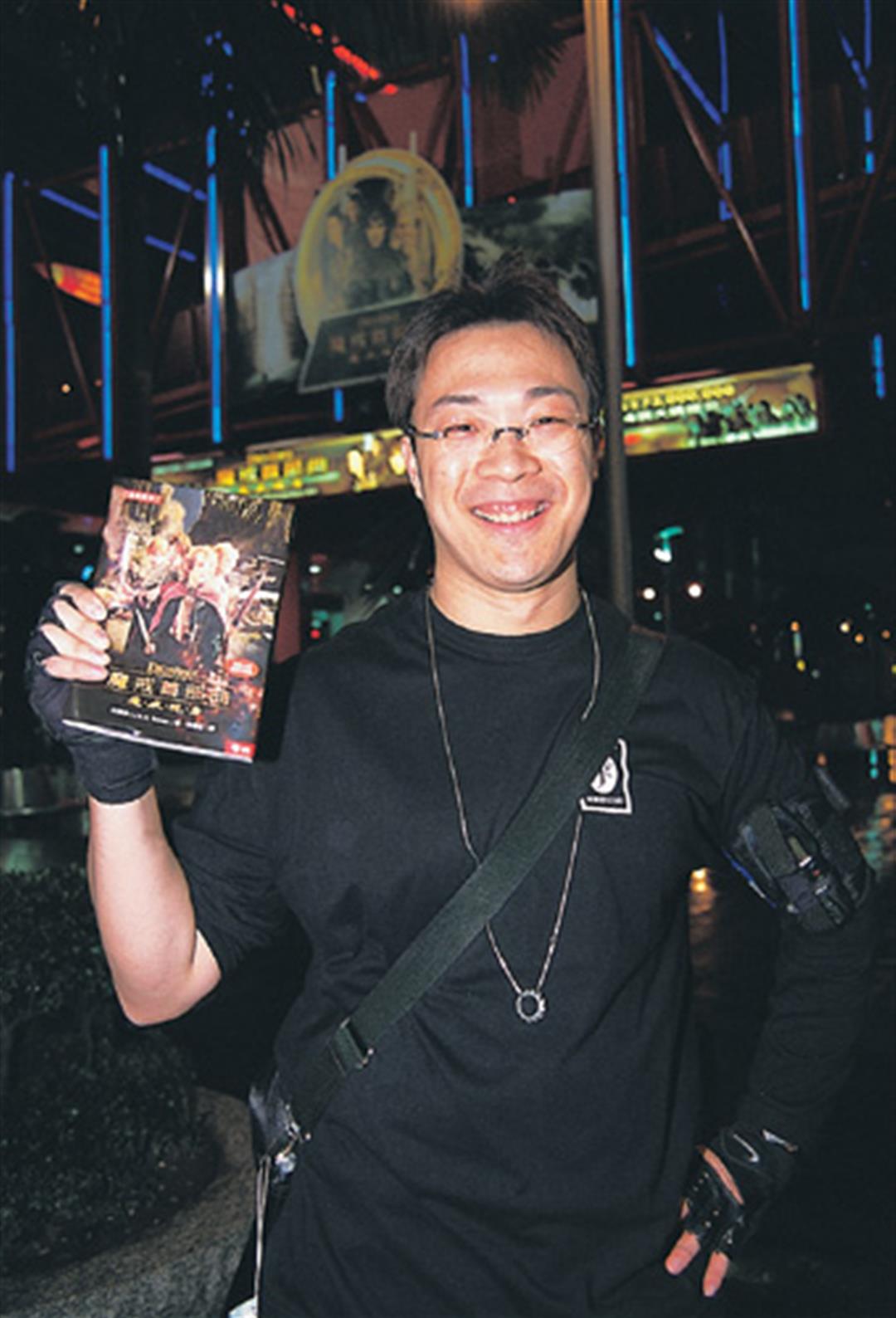
Video game and fantasy literature aficionado Lucifer Chu translated the book and movie trilogy Lord of the Rings, making a nice profit in the process.
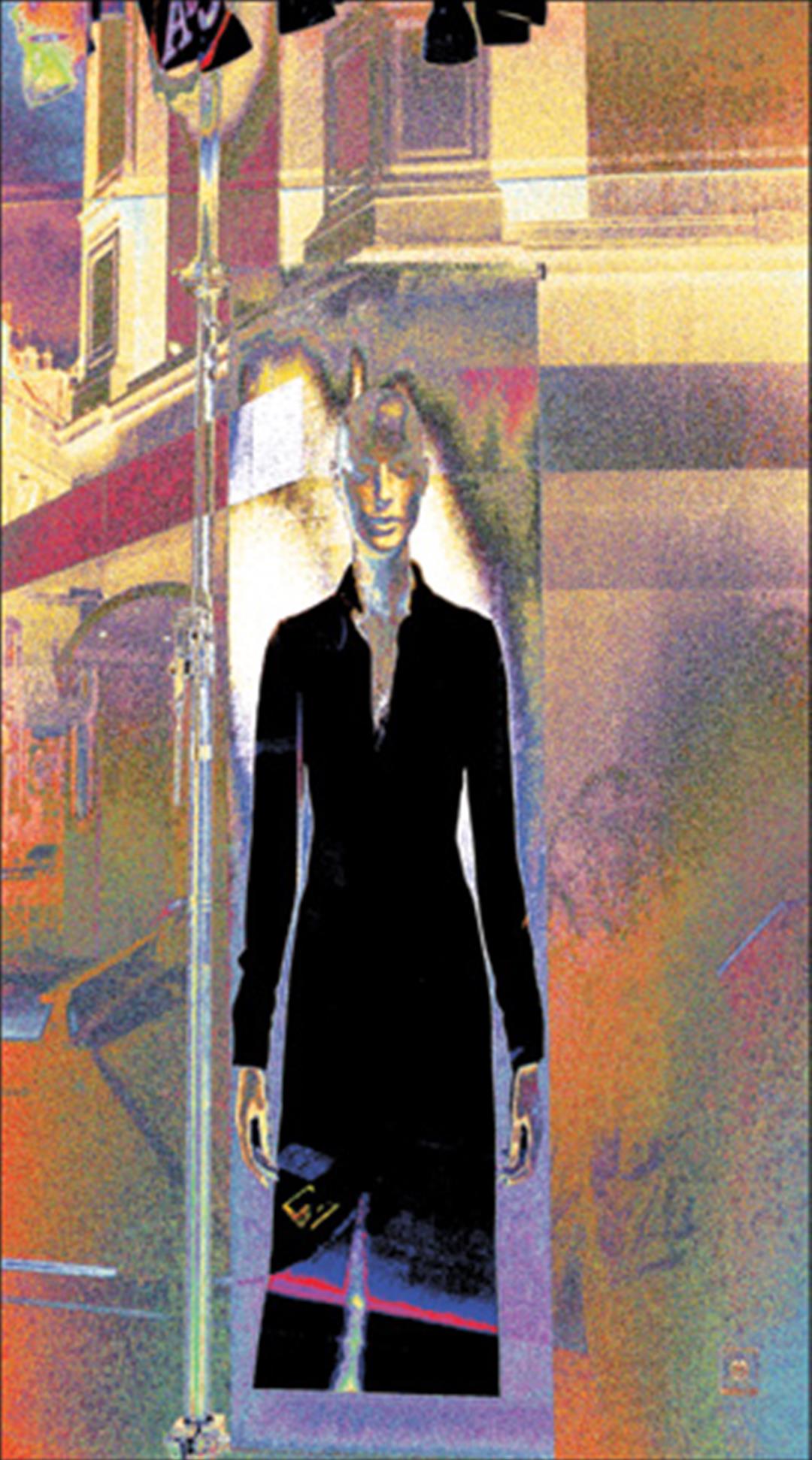
With its focus on aesthetics, innovation, and storytelling, the "experience economy" stresses innovation and personal experience, bringing new occupations to the forefront. White-collar professions, once the most respected category of occupations, are on the verge of falling to the wayside.
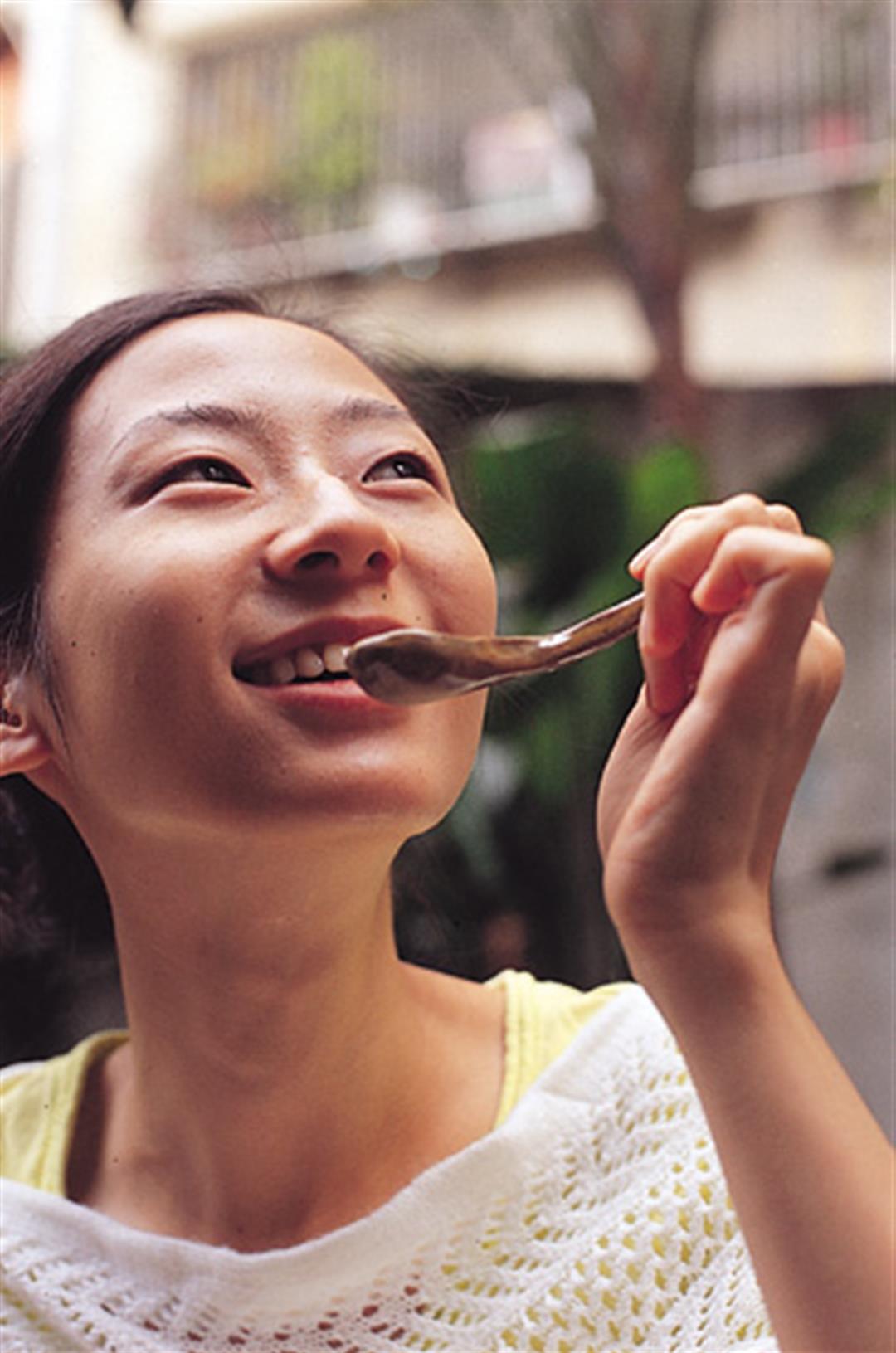
Whether it is doing her body a favor with a daily spoonful of olive oil, attending to her clients with careful, relaxing treatments, or banging a gong to create settling sonic vibrations, an aromatherapist knows a myriad of ways to create a healthy and harmonious environment for her clients.
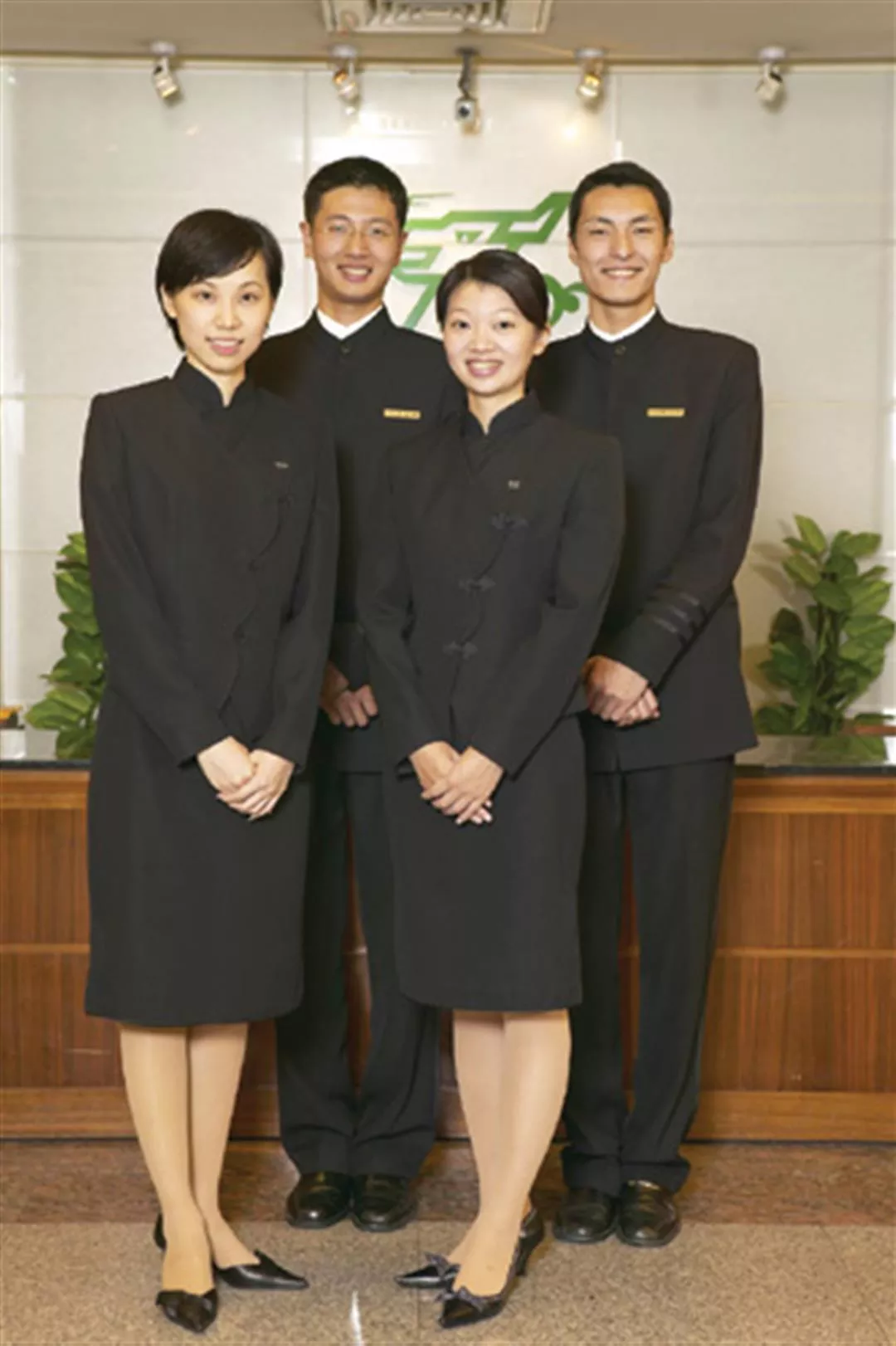
As the times change, more importance is being placed on funeral arrangements and paving the way for the emergence of a new profession--funeral ceremony specialist.
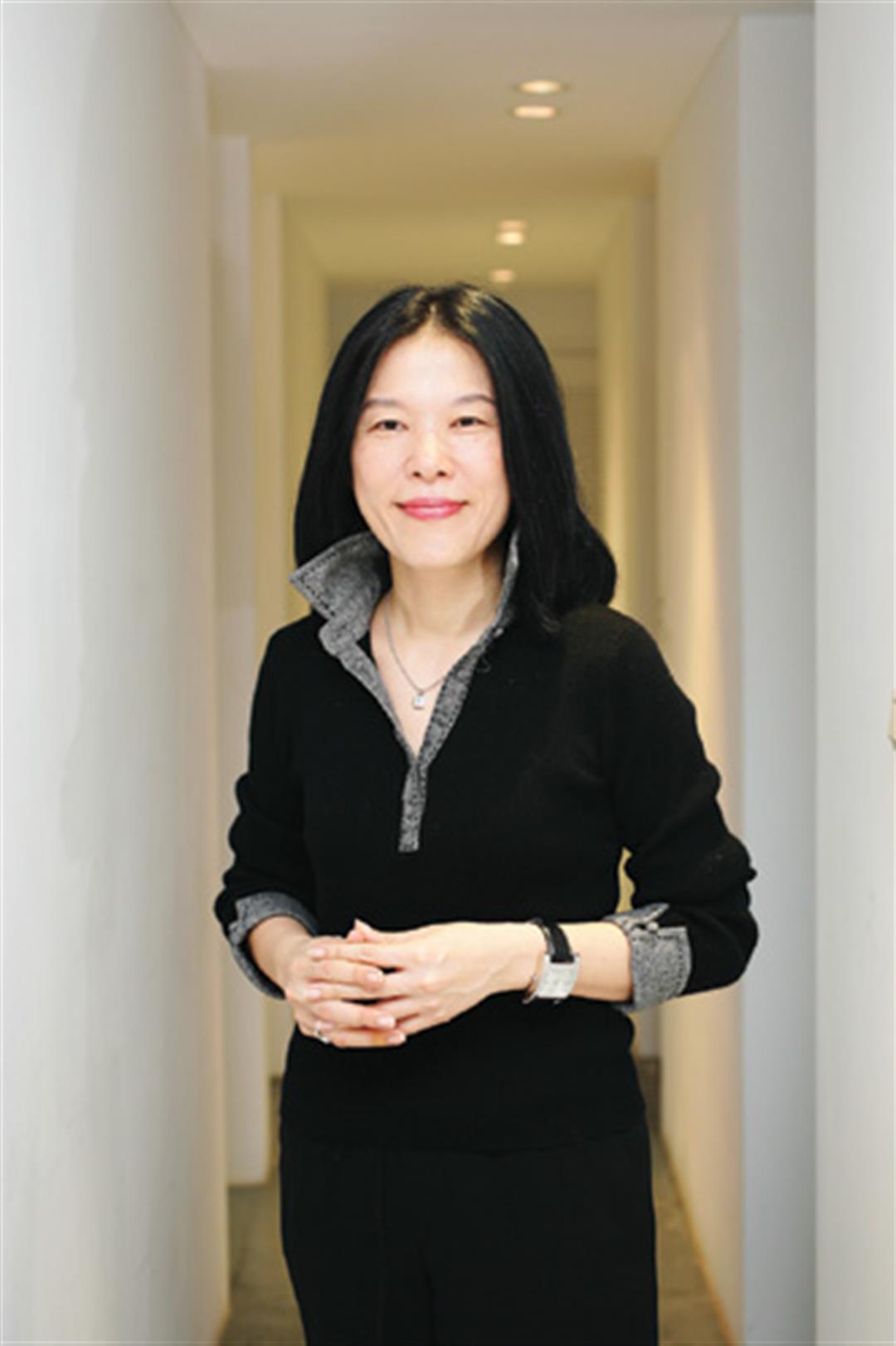
Offering suggestions on everything from dress, hairstyle, and physical appearance to speaking skills is part of image consultant Chen Li-ching's work objective.
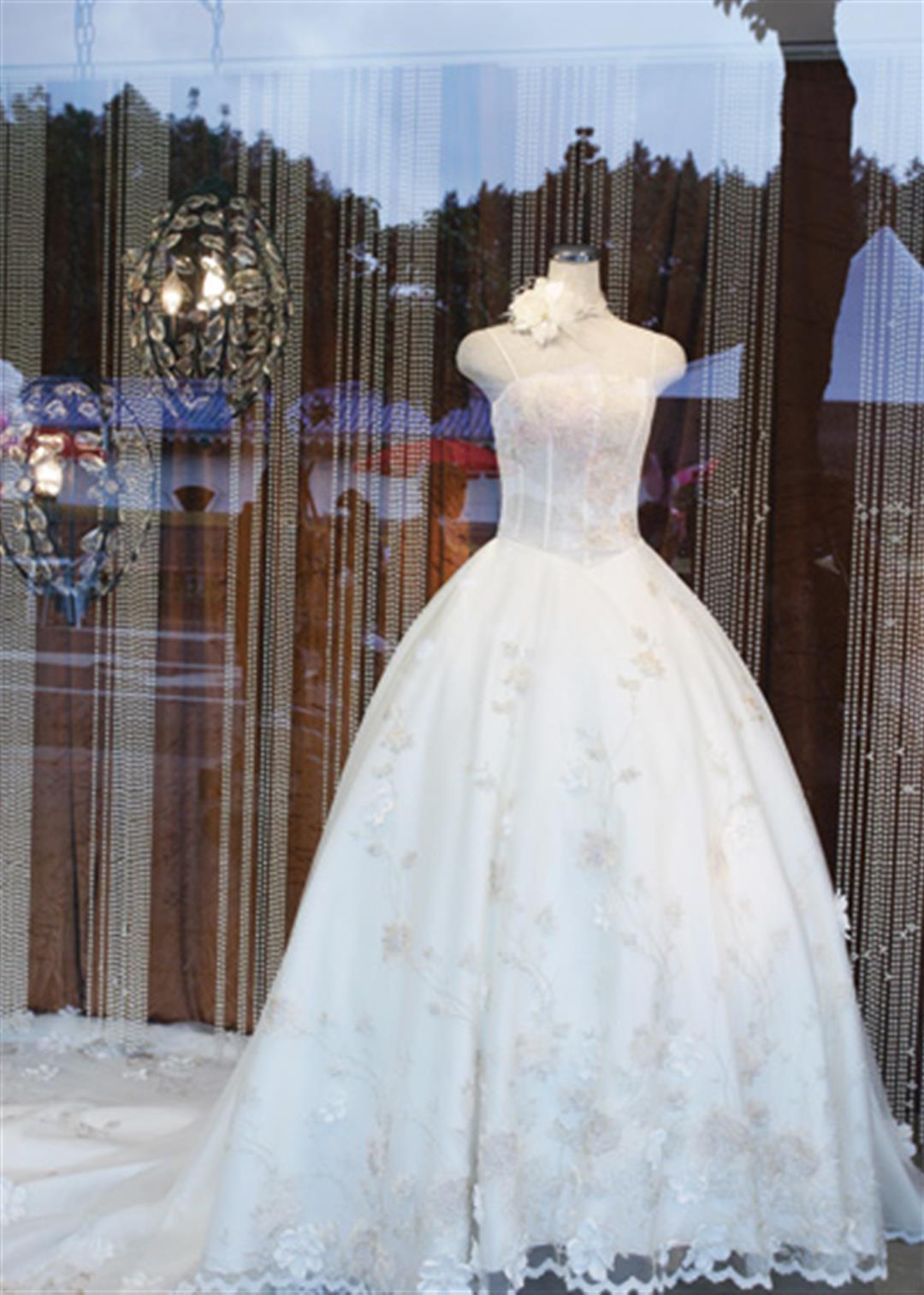
The experience economy is triggering massive shifts in the labor market. Dreams of wedding veils and happily-ever-after have brought into being the latest and most fashionable gray-collar profession--marriage planner.